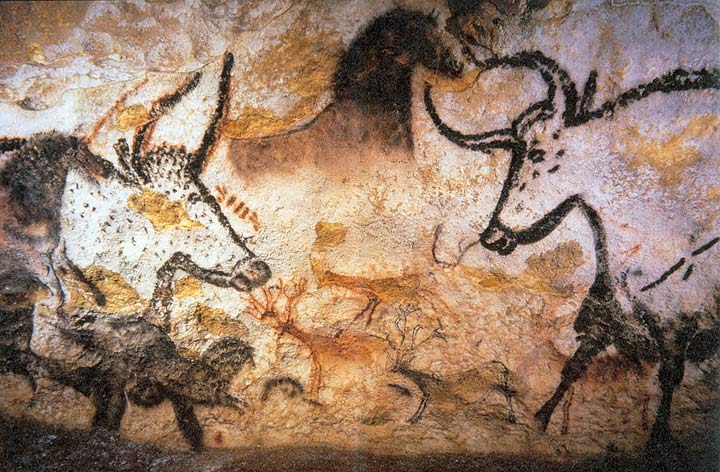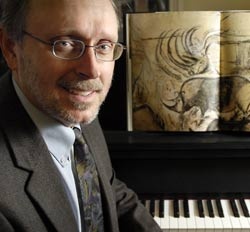HUMS 336, Culture and Human Evolution

Course Description:
Examination of the origins of human modernity in the light of evolutionary and archaeological evidence. Understanding, through a merger of evolutionary reasoning with humanistic theory, the impact of human culture on natural selection across the last 250,000 years.
Led by:
 |
Professor Gary TomlinsonGary Tomlinson, John Hay Whitney Professor of Music and Humanities, is a musicologist long committed to multidisciplinary exploration, and his teaching, lecturing, and scholarship have ranged across a diverse set of interests. Central among these have been traditions of European classical music, including the history of opera and early-modern musical thought and practice; but his essays and books embrace such other topics as the music of indigenous American societies, jazz, cultural and anthropological theory, the philosophy of history, affect theory, and human evolution. His latest research, joining humanistic theory, archaeology, and evolutionary science, investigates the role of cultural forces in the formation of modern humanity. It has led to two books: A Million Years of Music: The Emergence of Human Modernity (2015) and Culture and the Course of Human Evolution (in press). His earlier books include Monteverdi and the End of the Renaissance; Music in Renaissance Magic: Toward a Historiography of Others; Metaphysical Song: An Essay on Opera; The Singing of the New World: Indigenous Voice in the Era of European Contact; and Music and Historical Critique. |
Testimonials:
This course was previously offered in the Spring of 2017, 2018, and 2019. Testimonials are taken from student course evaluations.
- “Prof. Tomlinson is fantastic and knowledgeable about a wide range of fields and the way he creates a class full of people from various majors with unique insights bolsters this interdisciplinary quality even further. […] Definitely one of best seminar Ive taken in a long time!”
- “ I think the course is the perfect mix of science and humanities and does not lean more one way than other. The reading load is not unbearable and the papers are fairly short. The content […] combines […] genetics, developmental biology, archeology, psychology, history, semiosis, etc so there’s something for everyone.”
- “We are privileged to be working with one of the greatest innovators in today’s biocultural evolutionary field. “